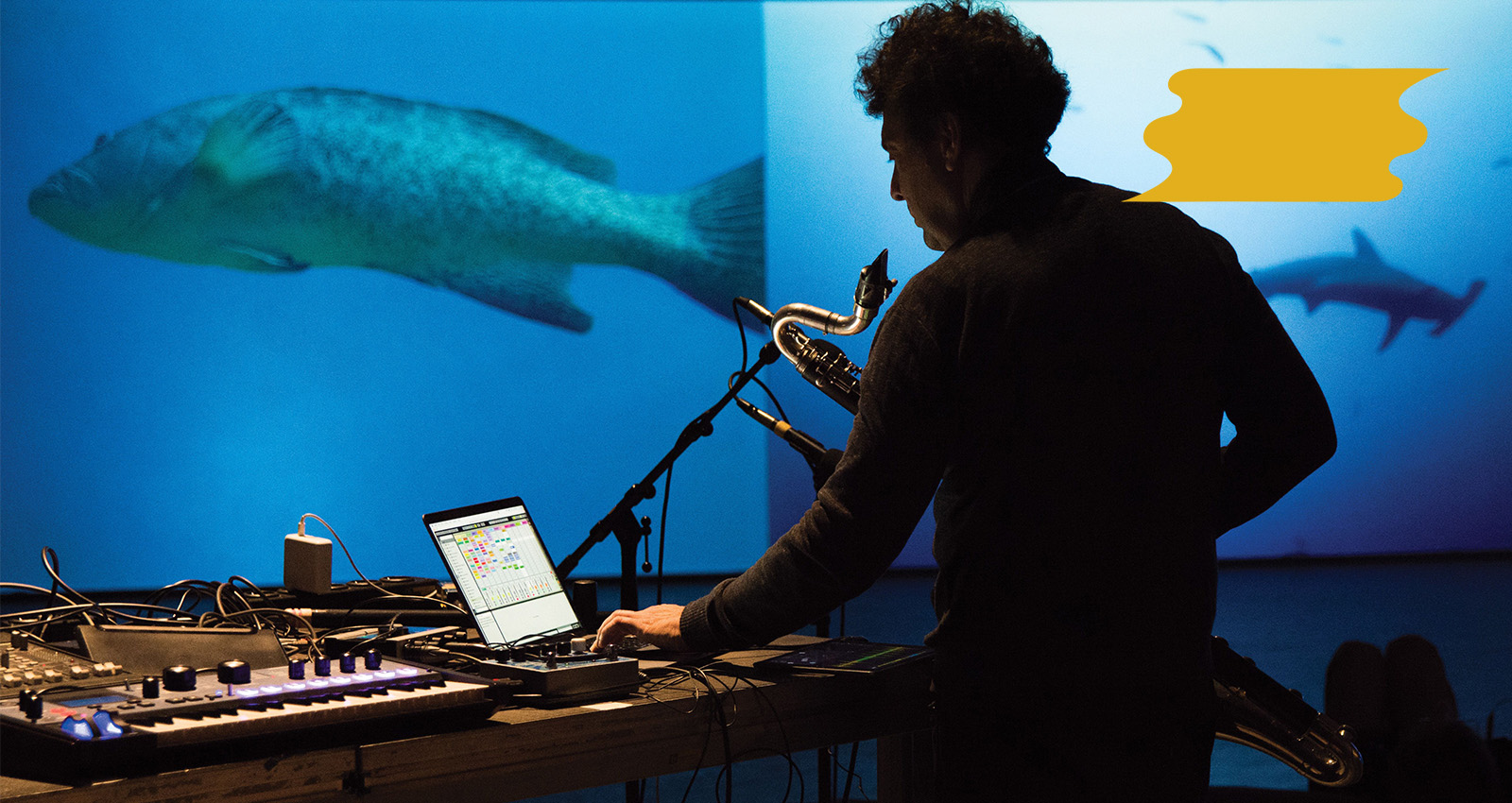
Bandcamp hosts an amazing array of field recordings from around the world, made by musicians and sound artists as well as professional field recordists. In this column, we highlight the best sounds recorded outside the studio and released in the last month. This installment features recordings from Tokyo to Zurich; from the coast of California to the island of Tenerife; from a Seoul hotel to a Seattle airport.
Hannibal Chew IV
Loros Locos (Sinfonías Destrozadas en Tenerife)

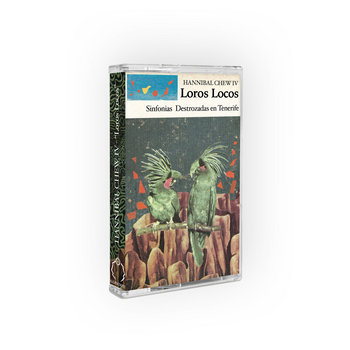

Cassette

Hannibal Chew III is the moniker that Portuguese field recordist and musician Gonçalo F. Cardoso has used for reimagined recordings of his travels in India and Borneo. (He may also be the grandson of the Blade Runner character). Loros Locos introduces us to the fourth in the line of Chews. The concept album’s futuristic plot may provide a clue as to why we’ve moved forward a generation. In this dystopian vision, Cardoso’s adopted home of Tenerife in the Canary Islands has been overrun by parrots carrying a virus that only affects humans, leaving the island to be quarantined from the rest of the world. The A-side, “La Revuelta de los Loros” (Revolt of the Parrots), dramatizes the catastrophe, as peaceful sounds of parrots and running water give way to moody trip-hop beats and stretches of dark ambience. Then, on “Una Isla Perdida” (A Lost Island), field recordings of Tenerife take center stage as birds, dogs, and goats wander freely across the newly uninhabited island. It’s not until the end of the track that we discover, via staticky radio transmissions, that humans have survived.
Christian Kobi
Aare
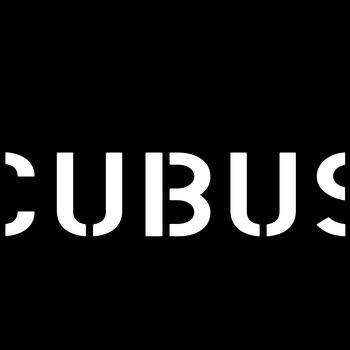
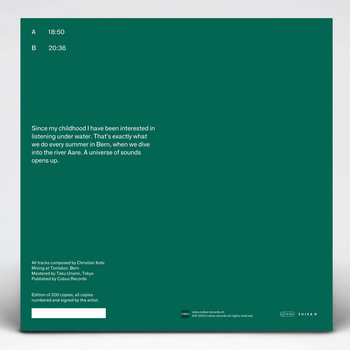
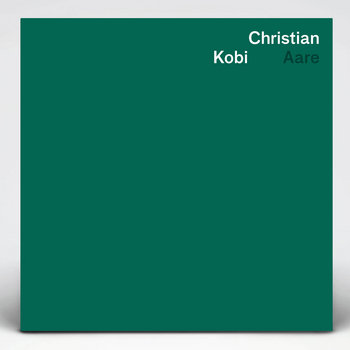

Vinyl LP


Christian Kobi, head of Cubus Records and saxophonist for the Konus Quartett, puts away his instrument in favor of a hydrophone for Aare, recorded under the waters of its namesake river in Bern, Switzerland. These two long tracks pair aquatic recordings with pure sine tones oscillating at slightly different frequencies to create a “beating” effect. On “A,” these microbeats draw the listener into the track’s underwater world like a camera constantly zooming in; as the brain tries to make sense of their infinitesimally small patterns, the details of the field recording are highlighted as well. “B” has somewhat the opposite effect, as the sine tones grow in intensity until the natural sounds are all but obliterated. Then, in its last minutes, they drop away, revealing once again the purling waters of the Aare.
Pablo Diserens & the Ocean Comm/uni/ty
Upstream Ensemble
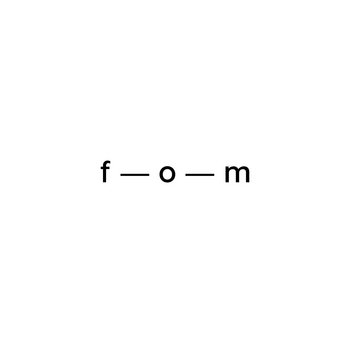
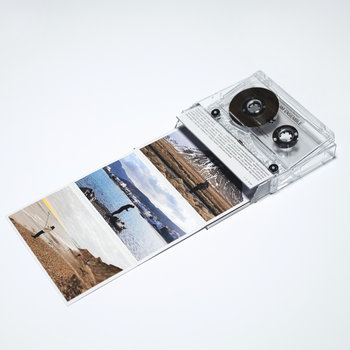
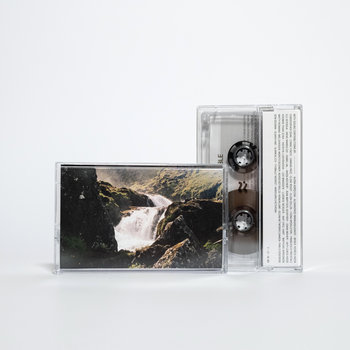
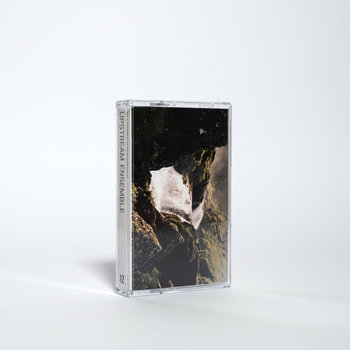

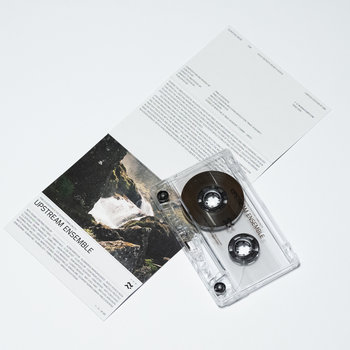

Cassette




Upstream Ensemble was created through contributions from 35 recordists who were invited by Pablo Diserens to document any body of water: oceans, seas, lakes, rivers, creeks or streams. Diserens then mixed the results into a 30-minute tour of the world’s aquatic biomes. From melting glaciers to underground pipes, we trace the path of an imaginary water droplet as it traverses the globe. Along the way, we hear sea lions, terns, dolphins, and blue whales along with boats and submarines. The sheer variety astonishes as we are whisked from place to place, each with its own dramatic soundscape. But more important is the reminder that all of these distinct environments are inextricably linked through the medium they share: the health of any one aquatic ecosystem depends on all the others.
Various Artists
Sonic Topologies
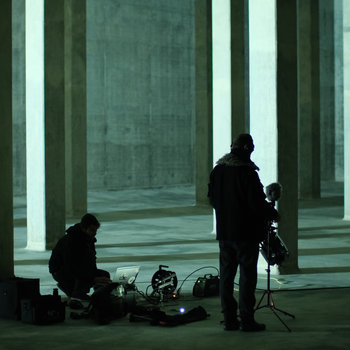
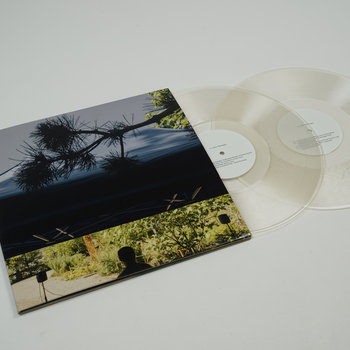
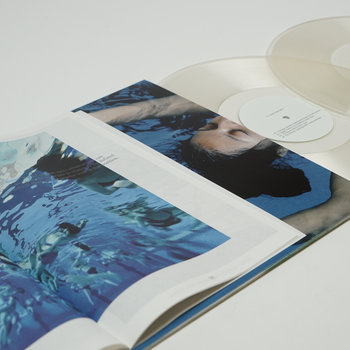
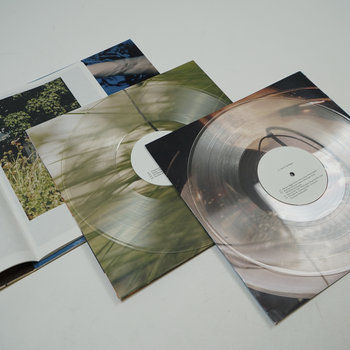

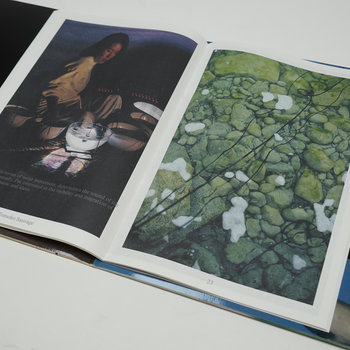

2 x Vinyl LP




How does a city sound? Infinitely different ways, of course, depending on how you listen. To test just a few of the ways that Zurich can sound, a group of 30 sound artists and researchers descended on the city to listen to its various landscapes. Christian Zehnder, Saadet Türköz, Reimer & Stein, and Tomoko Sauvage entered the massive Lyren Reservoir, activating its tremendous reverb with singing, horns, electronics, and water bowls. Li Tavor and Perila played ambient compositions in the Käferberg thermal baths through speakers placed above and below the water, making the location itself a crucial part of each piece. Patricia Jäggi documented a dawn chorus from the botanical garden, while Juan López & Rok Śturm recorded its insect life. Fabian Gutscher and Camille Emaille & Julian Sartorius headed to the lake with piano wire and drums, respectively, playing them from boats on the surface. Sonic Topologies features all of these performances and more in a sprawling set of recordings that summons the strange, the surprising, and the beautiful from locations around Zurich. It will change the way you listen to your own city, too.
Paulo Raposo
petition pour l’abolition de la musique concréte en Lisbonne Vol. I
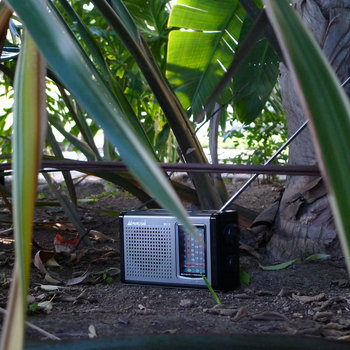

Petition pour l’abolition de la musique concréte en Lisbonne Vol. I looks behind Lisbon’s beautiful facade to investigate its homelessness problem. Voices in Portuguese, Spanish, and English describe the city from different perspectives—young women enthuse about its excitement and unpredictability while a nun narrates her difficulties in helping unhoused people through prostitution, alcoholism, and drug abuse. Literary readings cast oblique light on the situation, as in “a bag of water,” which features lines from Maurice Blanchot’s story “The Madness of the Day” (“I have been poor, then richer, then poorer than many people…”). The field recordings presented here are not of busy public areas but of back streets and abandoned buildings, made more eerie by Marco Scarassatti’s wind instruments. It’s a compelling yet harrowing portrait of a world capital, steely-eyed and humane.
Leo Okagawa
just another day
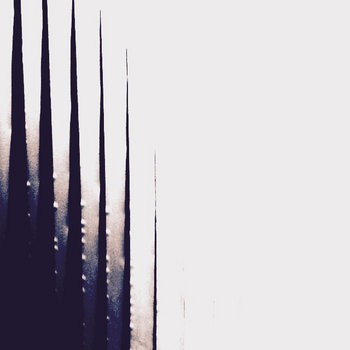
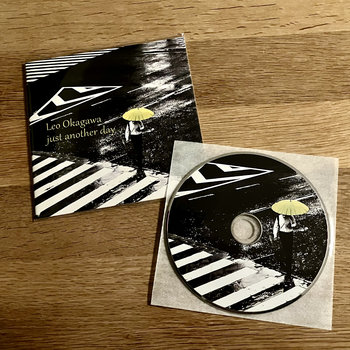

Compact Disc (CD)

Between June and August of last year, Leo Okagawa carried his Zoom H4n recorder with him everywhere he went, capturing small moments throughout his day. He then assembled these clips into a narrative of a representative summer day in Tokyo, organizing them chronologically from morning to night but otherwise leaving them completely unedited. Some tracks are almost shockingly mundane (“a man reading a newspaper at the library”) while others hold more intrinsic interest (“an ascetic monk passing by on the street”). But these pieces mean more in the aggregate than any single recording would suggest; cumulatively, they create a window onto another person’s experience of the world that is oddly touching in its simplicity.
David Rothenberg
Secret Songs of Ponds
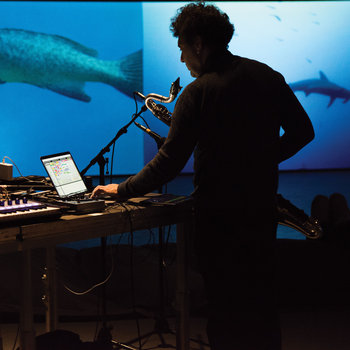
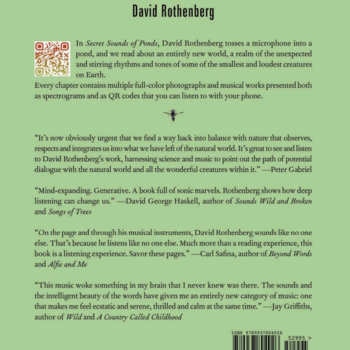
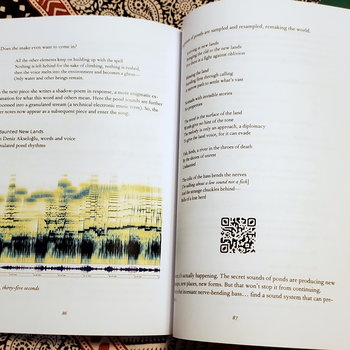
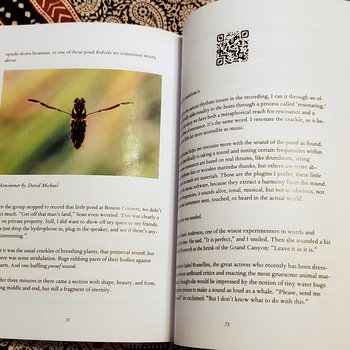
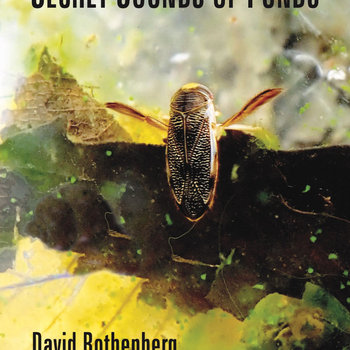
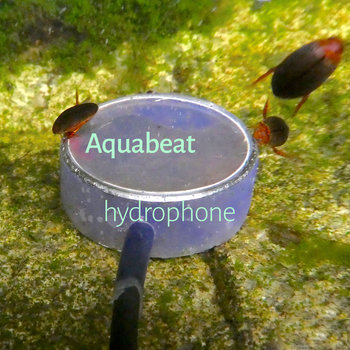
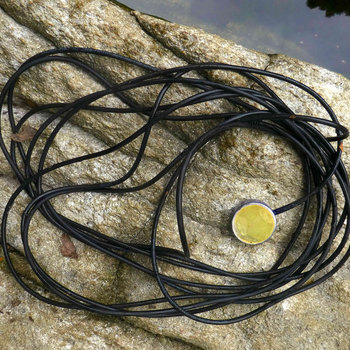

Book/Magazine, , Compact Disc (CD), Poster/Print




During the pandemic lockdown, clarinetist David Rothenberg began recording the ponds around his Hudson Valley home with self-designed hydrophones. The percussion of the pond flora’s photosynthesis (created by small bubbles of oxygen released underwater) and the notes of insects’s stridulations form a bed for Rothenberg to play clarinet and electronics, while on select tracks Turkish poet Ilgin Deniz Akseloglu adds spoken word and vocals. The aquatic sounds provide surprisingly adept backing, with persistent beats and coherent melodies. The project wouldn’t work, though, without Rothenberg’s sympathetic playing, which comes from a deep understanding of these recordings. Like a jazz performer finding the pocket, he’s able to adapt to the ongoing concert, making a duet with a backswimmer sound perfectly natural.
Francisco López
Conveyor Belts [USA]


Have you ever wondered where your baggage actually goes after you check it? Legendary and ultra-prolific field recordist Francisco López sent a running handheld recorder along with his luggage through the conveyor belts of some of the U.S.’s biggest airports. Like similar projects—Loz Colbert’s Put the Needle on the Record, in which he recorded his suitcase being dragged through city streets, or Janek Schaefer’s Recorded Delivery, in which he sent a sound-activated dictaphone through the mail—Conveyor Belts lets us listen through the perspective of our objects, providing insight into the massive, hidden infrastructure behind everyday tasks. It sounds great, too—it turns out that each airport has a sonic signature, from SEA’s calm ambience to JFK’s electroacoustic rustling to BUR’s screeching noise. Pack your bags and get ready for a trip.
Jiyoung Wi
Accept All Cookies
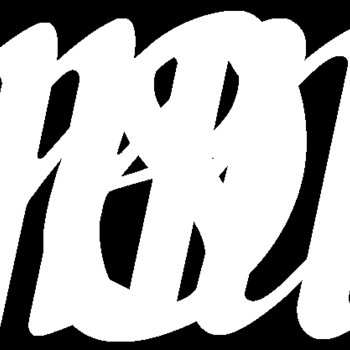


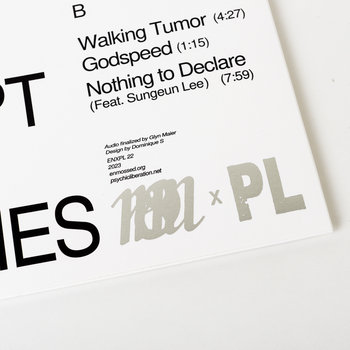
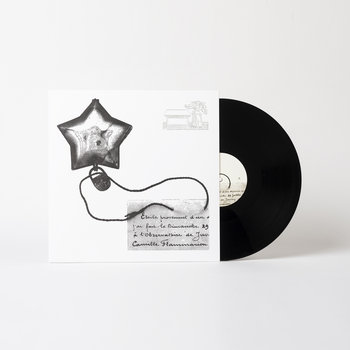
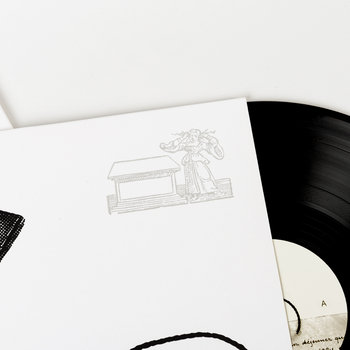
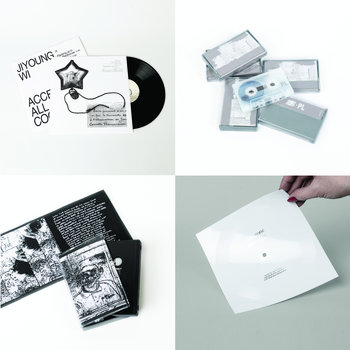

Vinyl LP,




Jiyoung Wi’s Accept All Cookies is a part of her “Sound Fiction” series as well as the final installment of the ENXPL project shared between Enmossed and Psychic Liberation. Wi’s fictions consist of people acting out scripted dialogue that she then mixes with urban field recordings. Like its name suggests, Accept All Cookies is about the blurry boundary between private and public information as our digital personas intrude into our real lives. On “S*fe Word,” an actor repeatedly reads “With you, my safe word is—” but the word itself is obscured by a blast of digital noise. “Swipe Left” features lines from a text-message breakup that sound uncomfortably personal when read aloud: “Give me another shot,” “How dare you!,” “What’s the point?,” “You’re such a mess.” “Godspeed” begins with a ringing phone and then a series of demands for money— “You better Venmo me or some shit right now.” These intensely personal conversations are interspersed with field recordings from hotels, elevators, and buses from Seoul and Busan, South Korea, weaving the most intimate of moments into the most public of spaces. Accept All Cookies is a bracing listen, a harsh but clarifying portrayal of our increasingly atomized social life.
Cheryl E. Leonard
Littoral
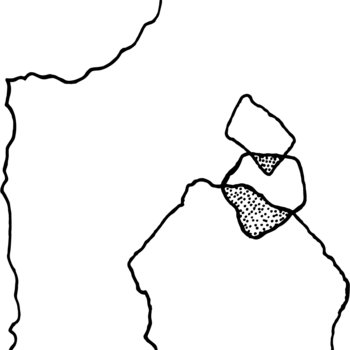
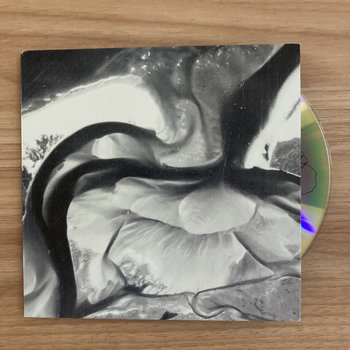

Compact Disc (CD)

“Littoral” (meaning “situated on the shore of a sea or lake”—I had to look it up too) perfectly describes Cheryl E. Leonard’s newest album, recorded along the coast of Northern California. Across the 30-minute piece, she travels inland, from under the Pacific towards the beaches and finally into tide pools and wetlands. She records various wildlife on the way, including elephant seals, terns, and tiny invertebrates. Atop these recordings, Leonard plays instruments crafted from natural objects including stones, driftwood, and even a crab claw, building to a bullwhip-kelp flute solo backed by a group of aptly named Pacific chorus frogs. Despite her wild collaborators, Leonard has crafted a careful composition, with highs and lows and dramatic as the California coast.







